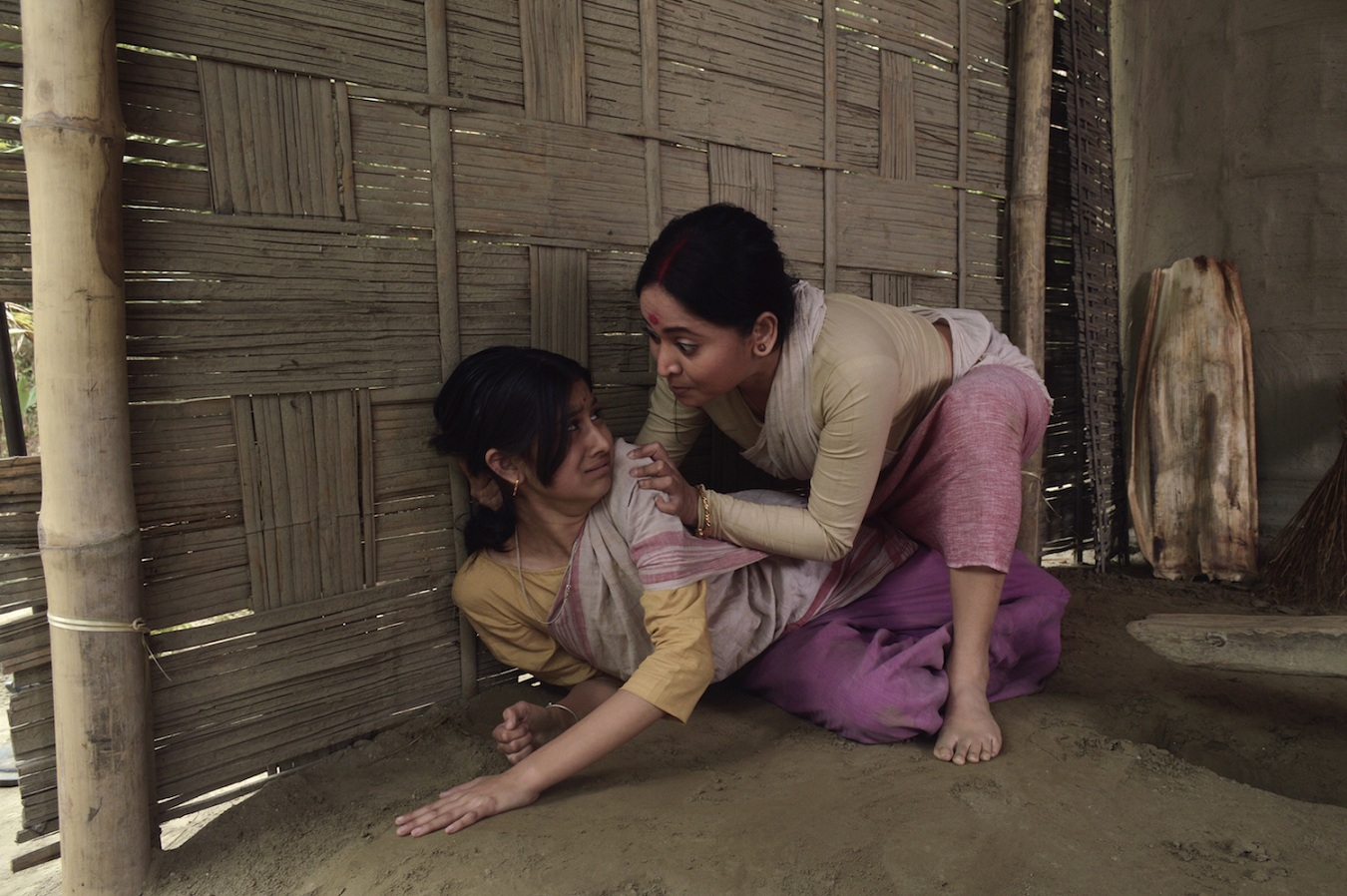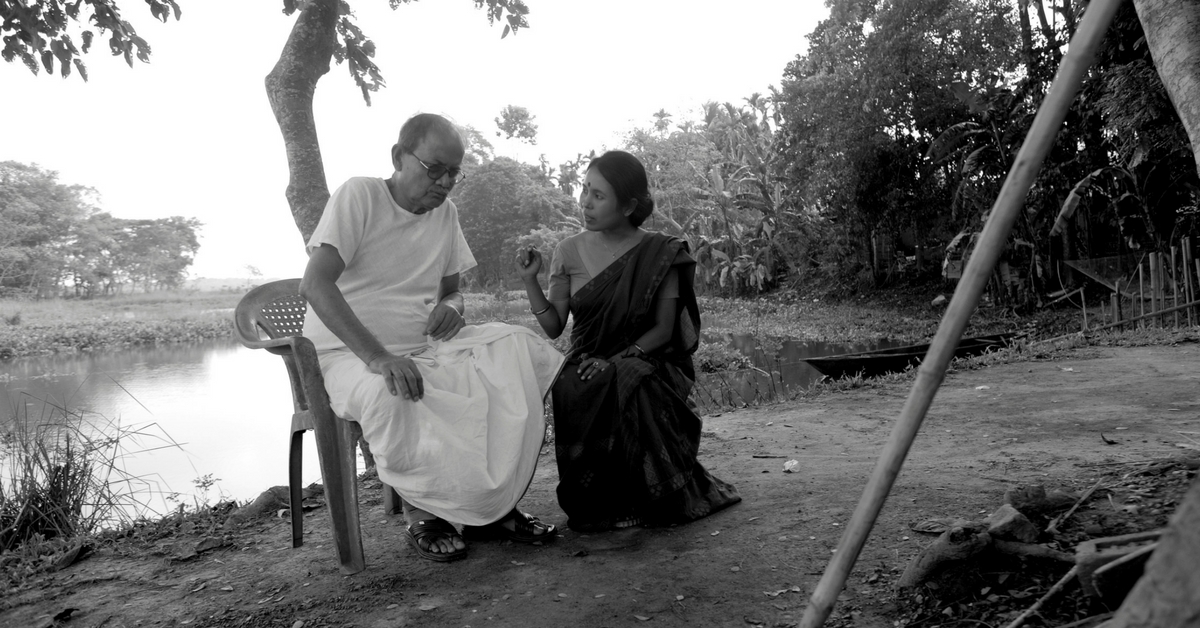The release of the Assamese film ‘Mission China’ has come as a breath of fresh air for the Assamese film industry which many felt was at the brink of extinction because of several flops and steep competition from Bollywood.
Written and directed by Zubeen Garg, singer-turned-actor-turned-director, the romantic action film has become the biggest blockbuster of the Assamese film industry and was also released in major metropolitan cities across the country.
However, there is an emerging group of independent filmmakers who are trying to defy the shackles of financial constraints and bypassing the stalking trend of popular cinema to create a unique form of storytelling. Their films are either self-produced or crowdfunded and do not entertain interference from any production house to follow an established pattern of movie making. The entire motive of independent cinema is to create a well defined and unique artistic vision that reaches out to people by shunning conventional storylines and focusing on themes that are socially and politically oriented.
Also Read: 51 Movies. 20 Venues. 8 Lakh Kids. How a Travelling Film Festival Is Winning Hearts Around India
Bhaskar Hazarika’s ‘Kothanodi’ (The River of Fables, 2015) became the first Assamese film to be successfully crowdfunded by Wishberry. Based on four folktales penned by Lakshminath Bezbaruah, the film went on to win the National Award for best Assamese film in 2016. In his own words, ‘Crowdfunding became our only option when traditional film investors refused to take a risk on an Assamese film. Since the Assam box-office is not big, investors tend to stay away. But the crowd has no financial interest in backing a film, and that eventually helped us complete it’. Bhaskar also had difficulties in releasing his film because this again required a minimum budget of 10 lakhs. But a way was sought out a way out by partnering with local businesspeople who had an interest in seeing Assamese cinema survive. Even the National Film & Development Corporation of India (NFDC) saw the merit in their unique outreach campaign across Assam’s colleges.
Kothanodi managed to get a theatrical release in Assam and premiered in the river island Majuli in September 2016.

However, Reema Borah, a graduate in film direction from the Film and Television Institute of India, did not enlist in a crowdfunding website for her first film ‘Bokul’ (2015). The multi-layered narrative of the film depicts the tumultuous period in the socio-political sphere of Assam where human values have no space. Reema started a campaign on Facebook, making it clear to everyone that their contributions would not be an investment, as she knew she would not be able to guarantee any returns. “I chose it over the usual process of finding a producer for multiple reasons. I have spent many years in Mumbai, and know that most producers are averse to producing non-mainstream films unless they are sure of the revenue model. Also, the crowdfunding process is quicker — the few non-mainstream producers we know take too much time to make up their mind.” explains Rima.
“I had the freedom of making the kind film I wanted to, without any compromise or and hindrance. This freedom is what every filmmaker craves for.”
Inspired by the success of crowdfunding campaigns, Mumbai-based filmmaker Dhruva J Bordoloi decided to use the platform to finance his debut film ‘Dooronir Nirola Poja’ (Home, Far Away, 2016). Dhruva did not succeed in the endeavour as the campaign was unsuccessful. But he somehow managed to get his film released theatrically as well as in satellite channels, and it won a few awards in Assam.
Another filmmaker who self-funded his film is debutant director Jaicheng Jai Dohutia. ‘Haanduk’ (The Hidden Corner, 2016), is a micro-budget film that has captured the problem of insurgency against the backdrop of the Moran region of Assam. The crew of the film consists mostly of technicians from the Regional Government Film and Television Institute.
Haanduk won the grand jury prize at the Jio MAMI Mumbai Film Festival and the National Film Award for the Best Moran Film in 2017.
Rima Das also self-funded her film, Antardrishti (Man with the Binoculars, 2016). The film focuses on the transformation of a retired teacher after he receives a pair of binoculars as a gift from his son. In Rima’s words, “Funding was the toughest challenge, but I was also adamant about not taking on external producers. This is my first film, and I was possessive about it. I knew I needed the freedom to follow my vision without compromising on my script and only self-funding would give me that liberty. I had a small crew, and besides writing and directing, I also had to handle most of the things on my own, be it casting, art direction, costume, production design. I do believe that doing so many things also gave me a greater sense of control and ensured that the film would be as close to the vision that I had of it.”
Also Read: 6 Classics of Indigenous Literature From North East India That You Should Know but Probably Don’t
Bhaskar Hazarika’s next film ‘Amis’ (Voracious) has been selected for the Asian Project Market (APM) at Busan Film Festival, 2017. APM is a co-production platform that offers emerging filmmakers the opportunity to connect with international leading film professionals. Rima Das’s ‘Village Rockstars’ was screened at the Toronto Film Festival and also won multiple awards in MAMI 2017.
While this current trend has revolutionised filmmaking in Assam, it is essential that these films get released locally and are not just limited to the festivals. The Assamese people must see their own stories come to life.
(Written by Dipankar Sarkar)
Like this story? Or have something to share? Write to us: contact@thebetterindia.com, or connect with us on Facebook and Twitter.
NEW: Click here to get positive news on WhatsApp!
If you found our stories insightful, informative, or even just enjoyable, we invite you to consider making a voluntary payment to support the work we do at The Better India. Your contribution helps us continue producing quality content that educates, inspires, and drives positive change.
Choose one of the payment options below for your contribution-
By paying for the stories you value, you directly contribute to sustaining our efforts focused on making a difference in the world. Together, let's ensure that impactful stories continue to be told and shared, enriching lives and communities alike.
Thank you for your support. Here are some frequently asked questions you might find helpful to know why you are contributing?

